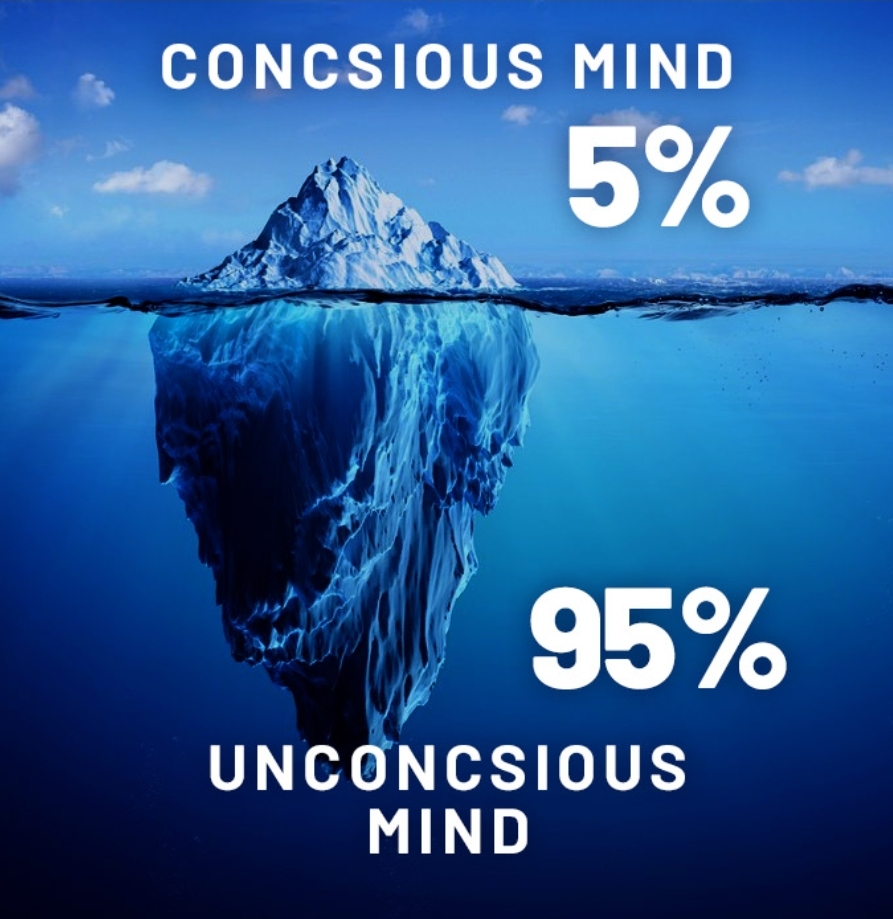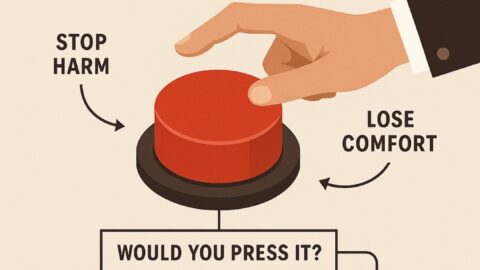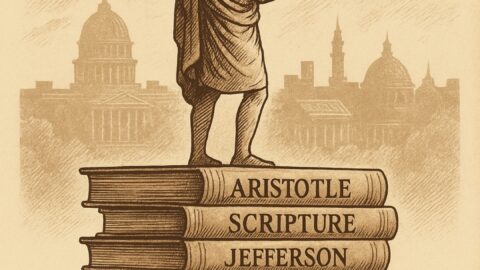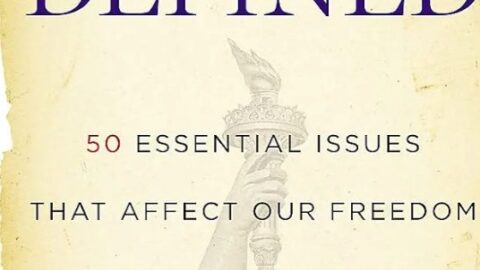Carl Jung’s famous statement, “Until you make the unconscious conscious, it will direct your life, and you will call it fate,” highlights the profound influence of the unconscious mind on our decisions, behaviors, and life outcomes. Jung, a Swiss psychiatrist and founder of analytical psychology, believed that much of human behavior is driven by unconscious forces that we are unaware of.
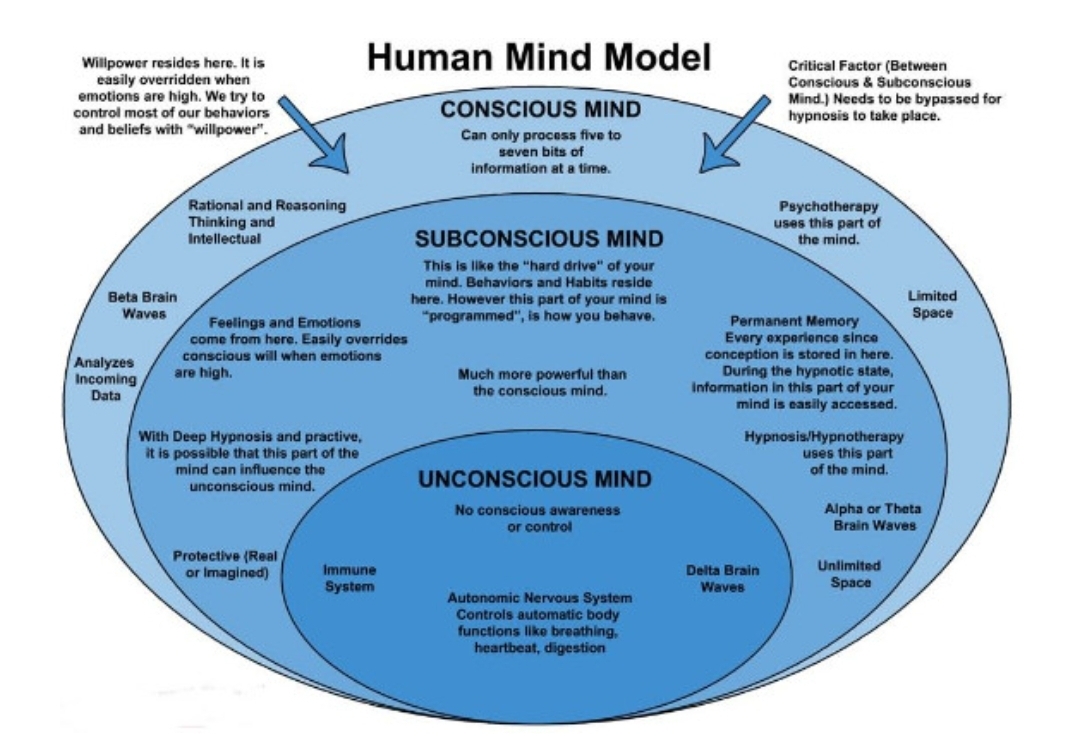
By bringing these unconscious influences to light, we gain the ability to make conscious choices and take control of our lives.
Breaking Down the Quote:
“Until you make the unconscious conscious”
- Jung suggests that individuals often operate on autopilot, driven by impulses, fears, desires, and patterns stored in the unconscious mind.
- The unconscious mind houses repressed memories, instincts, archetypes, and unresolved traumas that influence how we think, feel, and act.
- Making the unconscious conscious requires self-awareness, introspection, and sometimes external guidance, such as therapy or mindfulness practices.
“It will direct your life”
- When we are unaware of these hidden forces, they continue to shape our thoughts, relationships, and decisions.
- For example, unresolved childhood wounds may unconsciously affect how we interact with others, leading us to repeat unhealthy patterns in relationships or career choices.
- These unconscious influences can act as invisible strings pulling us in directions we don’t fully understand.
“And you will call it fate”
- Without understanding the unconscious drivers behind our choices, we often perceive the outcomes of our lives as “fate” or “destiny.”
- This fatalistic view absolves us of responsibility and keeps us from addressing the root causes of our struggles.
- By attributing challenges to external forces, we lose the opportunity to grow and change.
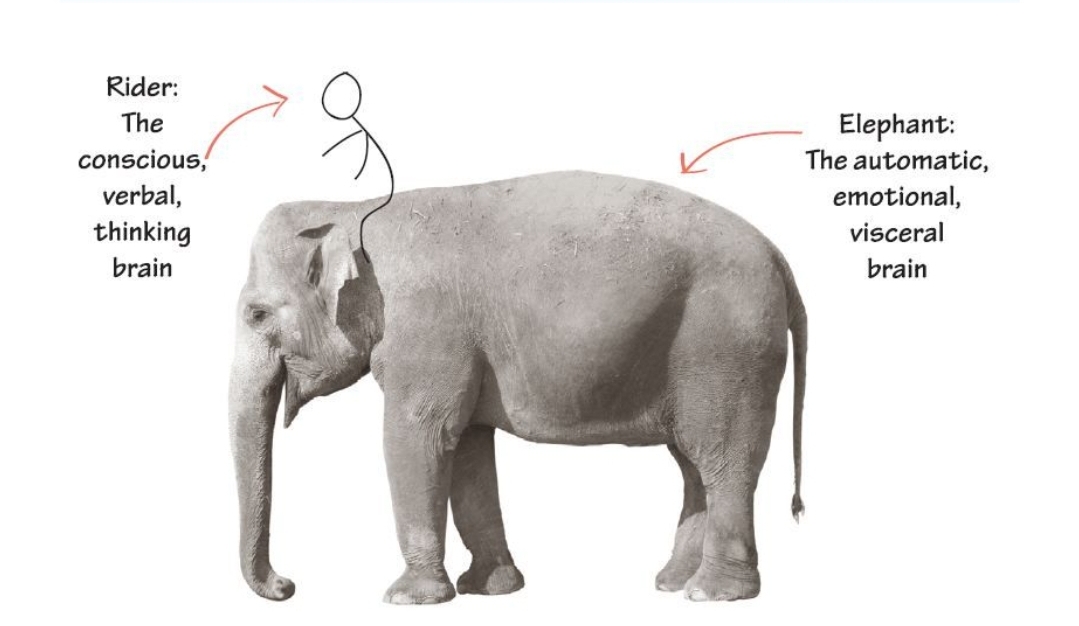
“Haidt provides the helpful metaphor of the rider and the elephant. The rider is the conscious mind with its rational functions and volitional power. But the elephant is everything else: all the internal presuppositions, genetic inclinations, subconscious motives, and layers upon layers of uninterrogated, raw experience. Needless to say, the elephant is bigger (more powerful) than the rider.” (1)
The Role of the Unconscious Mind:
The unconscious mind operates as a reservoir of information, instincts, and experiences that we are not actively aware of. Jung divided the psyche into the conscious, personal unconscious, and collective unconscious:
- The Personal Unconscious: Contains memories and experiences unique to the individual, including repressed thoughts and feelings.
- The Collective Unconscious: A universal layer shared by all humans, containing archetypes (universal symbols and themes) like the Hero, Shadow, and Wise Old Man.
The unconscious influences our dreams, emotions, habits, and reactions. When left unexplored, it can control our lives in subtle yet powerful ways.
Why It Feels Like “Fate”:
- People often repeat patterns in relationships, careers, or behaviors because they haven’t addressed the underlying issues driving them.
- For example, someone who consistently chooses untrustworthy partners may believe they are “unlucky in love,” when in reality, their unconscious fear of vulnerability is influencing their choices.
- Until these patterns are recognized and understood, life can feel like a series of random or inevitable events, leading to the illusion of “fate.”
How to Make the Unconscious Conscious:
Self-Reflection:
- Journaling, meditation, and introspection allow us to observe our thoughts, emotions, and behaviors.
- Asking “Why do I react this way?” or “What patterns keep showing up in my life?” can help uncover hidden influences.
Dream Analysis:
- Jung believed that dreams are a window into the unconscious, revealing symbols and themes that point to unresolved issues or desires.
- Interpreting recurring dreams or powerful symbols can offer insights into what the unconscious is trying to communicate.
Therapy or Counseling:
- A trained therapist can help identify unconscious patterns and provide tools to work through them.
- Jungian therapy, in particular, focuses on integrating the unconscious with the conscious self.
Shadow Work:
- This involves acknowledging and accepting the darker aspects of the self (the Shadow), such as repressed emotions, fears, or desires.
- By confronting the Shadow, individuals can achieve greater self-awareness and emotional balance.
Mindfulness Practices:
- Staying present and observing thoughts without judgment helps bring unconscious processes into conscious awareness.
The Benefits of Making the Unconscious Conscious:
Empowerment:
- By understanding the root causes of behaviors and emotions, we can take control of our actions and decisions.
- Life feels less like it is “happening to us” and more like a journey we actively shape.
Healing:
- Exploring the unconscious can help resolve traumas, release repressed emotions, and break free from harmful patterns.
Improved Relationships:
- Greater self-awareness leads to healthier communication, empathy, and understanding in relationships.
Personal Growth:
- Bringing unconscious material to light fosters growth, allowing individuals to realize their potential and live more authentically.
Freedom from Repetition:
- Understanding unconscious drivers prevents the repetition of self-destructive cycles.
The Connection to Personal Responsibility:
Jung’s quote underscores the importance of personal responsibility in shaping our lives. While external circumstances play a role, much of our experience is shaped by how we perceive and respond to these circumstances. By uncovering the unconscious forces at play, we reclaim the power to choose our paths rather than being passively led by them.
Conclusion:
Carl Jung’s insight is a call to action for self-awareness and self-discovery. Life’s challenges and patterns are not merely the product of fate but are deeply influenced by the unconscious mind. By making the effort to bring the unconscious into consciousness, we gain clarity, take ownership of our lives, and move from being passive participants to active creators of our destiny. This journey requires courage, honesty, and a willingness to face the unknown, but the rewards are a life of authenticity, meaning, and freedom.
(1) Riding the Moral Elephant: A Review of Jonathan Haidt’s The Righteous Mind by Kyle Roberts

